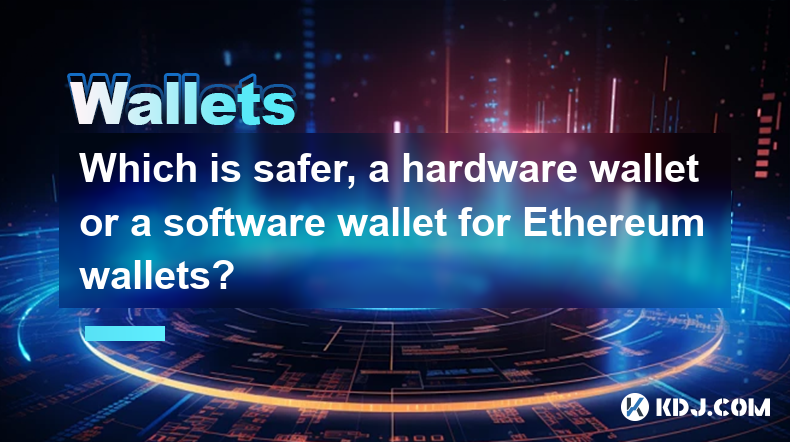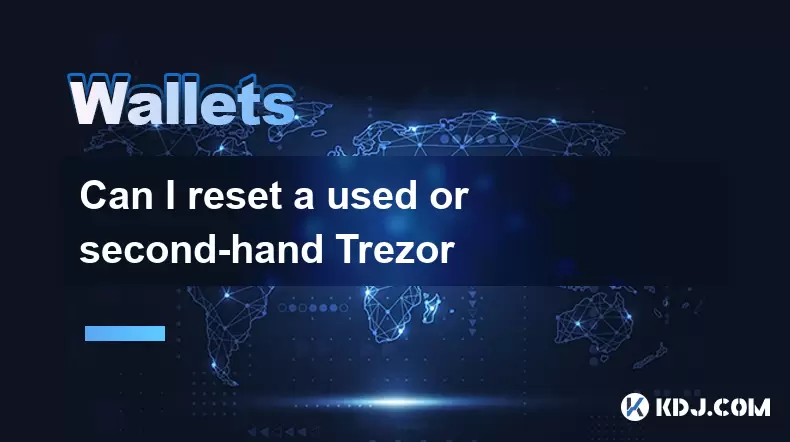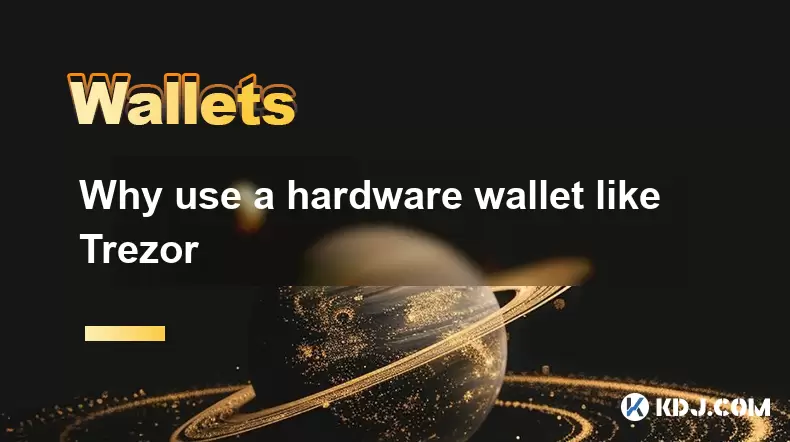-
 Bitcoin
Bitcoin $108,443.4896
0.48% -
 Ethereum
Ethereum $2,597.3843
2.42% -
 Tether USDt
Tether USDt $1.0002
0.02% -
 XRP
XRP $2.3025
1.83% -
 BNB
BNB $661.6147
0.34% -
 Solana
Solana $151.4228
1.80% -
 USDC
USDC $1.0000
0.00% -
 TRON
TRON $0.2877
0.14% -
 Dogecoin
Dogecoin $0.1705
1.56% -
 Cardano
Cardano $0.5848
1.48% -
 Hyperliquid
Hyperliquid $38.8396
3.64% -
 Bitcoin Cash
Bitcoin Cash $507.5891
2.30% -
 Sui
Sui $2.8908
1.27% -
 Chainlink
Chainlink $13.8521
4.52% -
 UNUS SED LEO
UNUS SED LEO $9.1329
0.87% -
 Stellar
Stellar $0.2603
5.49% -
 Avalanche
Avalanche $18.1289
1.71% -
 Shiba Inu
Shiba Inu $0.0...01182
1.89% -
 Toncoin
Toncoin $2.8045
2.20% -
 Hedera
Hedera $0.1601
2.64% -
 Litecoin
Litecoin $87.5825
1.89% -
 Monero
Monero $315.6725
-0.03% -
 Polkadot
Polkadot $3.4216
2.10% -
 Dai
Dai $1.0000
0.00% -
 Ethena USDe
Ethena USDe $1.0007
0.06% -
 Bitget Token
Bitget Token $4.2988
-0.01% -
 Uniswap
Uniswap $7.5739
2.72% -
 Aave
Aave $290.8204
4.41% -
 Pepe
Pepe $0.0...01004
2.03% -
 Pi
Pi $0.4611
1.11%
Which is safer, a hardware wallet or a software wallet for Ethereum wallets?
Hardware wallets offer superior security for Ethereum, storing private keys offline and preventing common hacks, unlike vulnerable software wallets. The choice depends on your risk tolerance and technical skills; significant holdings warrant the extra security of a hardware wallet.
Mar 25, 2025 at 04:35 am

Key Points:
- Hardware wallets offer significantly greater security than software wallets due to their offline nature.
- Software wallets are more convenient but expose your private keys to potential vulnerabilities.
- The choice between a hardware and software wallet depends on your risk tolerance and technical expertise.
- Both hardware and software wallets have their own security protocols, but hardware wallets are generally considered the gold standard for security.
- Understanding the risks associated with each type of wallet is crucial before choosing one for your Ethereum holdings.
Which is safer, a hardware wallet or a software wallet for Ethereum wallets?
The question of hardware versus software wallets for Ethereum is a crucial one for anyone holding significant amounts of ETH. Both offer ways to store your private keys, which are essential for accessing your cryptocurrency, but they differ dramatically in their security approach. The core difference lies in where your private keys are stored and how they interact with the outside world.
Hardware wallets, like Ledger and Trezor, are physical devices that store your private keys offline. This offline storage is the key to their superior security. Because your keys never leave the device, they are immune to most common forms of hacking, such as malware, phishing attacks, and remote access Trojans. The device itself is designed with robust security features to prevent unauthorized access.
Software wallets, on the other hand, store your private keys on your computer, smartphone, or other digital device. This makes them inherently more vulnerable. Malware, viruses, or a compromised operating system can expose your private keys, leading to the theft of your Ethereum. Even seemingly secure software wallets are susceptible to sophisticated hacking techniques.
The security difference stems from the fundamental principle of keeping your private keys away from potential threats. A hardware wallet achieves this by isolating the keys entirely from the internet and other connected devices. A software wallet, by its very nature, requires interaction with a network, inherently increasing the risk of exposure.
Consider the scenario of a phishing attack. A hardware wallet requires physical access to the device and its PIN code to authorize transactions. A software wallet, however, can be compromised through a malicious link or a deceptive email, potentially leading to the immediate transfer of your funds.
The level of security also depends on the specific wallet. Not all hardware wallets are created equal, and neither are software wallets. Some hardware wallets have better security features than others. Similarly, some software wallets employ robust encryption and security protocols, but these are still less secure than the inherent isolation provided by a hardware wallet.
The convenience factor is where software wallets often win. They are typically easier to set up and use, often integrating seamlessly with various cryptocurrency exchanges and platforms. This ease of use, however, comes at the cost of security. Hardware wallets, while more secure, require a bit more technical knowledge and patience to set up and use effectively.
Setting up a hardware wallet generally involves:
- Unboxing the device and connecting it to your computer.
- Downloading the manufacturer's software and following the on-screen instructions.
- Creating a PIN code and a recovery phrase (crucial for recovery in case of device loss or damage).
- Transferring your Ethereum from your exchange or another wallet to your new hardware wallet address.
Setting up a software wallet is usually simpler:
- Downloading the wallet software from a trusted source.
- Creating a new wallet or importing an existing one.
- Backing up your recovery phrase.
- Receiving your Ethereum to your new software wallet address.
Choosing between a hardware and software wallet involves weighing security against convenience. If you have a substantial amount of Ethereum, the enhanced security of a hardware wallet is generally recommended, despite the slightly steeper learning curve. For smaller amounts or users comfortable with the inherent risks, a reputable software wallet with strong security features might suffice.
Frequently Asked Questions:
Q: Can a hardware wallet be hacked? While highly resistant, hardware wallets are not entirely unhackable. Sophisticated attacks, physical theft, or exploiting vulnerabilities in the device's firmware are potential, albeit rare, scenarios. However, they are significantly more secure than software wallets.
Q: Are all software wallets equally insecure? No. Some software wallets employ advanced encryption and security measures, making them relatively safer than others. However, they are still inherently more vulnerable than hardware wallets due to their online nature.
Q: What if I lose my hardware wallet? This is why the recovery phrase is crucial. It allows you to restore access to your Ethereum on a new device, provided you have securely stored your recovery phrase.
Q: What if I lose my software wallet's recovery phrase? Without the recovery phrase, your Ethereum will be irretrievably lost. This highlights the importance of securely backing up your recovery phrase.
Q: Which hardware wallet is the best? There is no single "best" hardware wallet. Popular and reputable options include Ledger and Trezor, both offering strong security features. The choice often comes down to personal preference and specific features.
Q: Are there any free, secure software wallets? Free software wallets exist, but their security may be compromised. Paid options often offer superior security features and better support. Always research thoroughly before using any software wallet.
Disclaimer:info@kdj.com
The information provided is not trading advice. kdj.com does not assume any responsibility for any investments made based on the information provided in this article. Cryptocurrencies are highly volatile and it is highly recommended that you invest with caution after thorough research!
If you believe that the content used on this website infringes your copyright, please contact us immediately (info@kdj.com) and we will delete it promptly.
- Crypto Whale's Portfolio: Decoding Token Stashes and Emerging Trends
- 2025-07-09 08:30:12
- Rare Coin, Lucky Find, Valuable Coin: Unearthing Treasures in Everyday Change
- 2025-07-09 08:30:12
- Coinbase, Altcoins, and the Empire State: A New Era for New York Crypto?
- 2025-07-09 09:30:12
- HTX, WLFI, and Stablecoins: Navigating the Future of Digital Finance
- 2025-07-09 08:50:12
- ADA Whale Activity: Big Wallets Eyeing Cardano for a Breakout?
- 2025-07-09 09:30:12
- Bitcoin: Holding Still Pays Off, Ya Know?
- 2025-07-09 09:30:13
Related knowledge

How to connect Trezor to Rabby wallet
Jul 09,2025 at 05:49am
What Is Trezor and Rabby Wallet?Trezor is a hardware wallet developed by SatoshiLabs that allows users to securely store their cryptocurrency assets o...

What happens if I forget my Trezor passphrase
Jul 09,2025 at 03:15am
Understanding the Role of a Trezor PassphraseIf you use a Trezor hardware wallet, you may have set up a passphrase as an extra layer of security beyon...

Can I reset a used or second-hand Trezor
Jul 09,2025 at 11:49am
Understanding the Reset Process for a Used or Second-Hand TrezorIf you have acquired a used or second-hand Trezor wallet, one of the first things you ...

How to safely store a Trezor recovery seed
Jul 09,2025 at 11:22am
Understanding the Importance of a Trezor Recovery SeedA Trezor recovery seed is a sequence of 12 or 24 words generated during the initial setup of you...

What to do if my Trezor screen is broken
Jul 09,2025 at 10:36am
Understanding the Impact of a Broken Trezor ScreenIf your Trezor screen is broken, it can significantly affect how you interact with your cryptocurren...

Why use a hardware wallet like Trezor
Jul 09,2025 at 11:00am
What Is a Hardware Wallet and Why It MattersA hardware wallet is a physical device designed to securely store the private keys of cryptocurrencies off...

How to connect Trezor to Rabby wallet
Jul 09,2025 at 05:49am
What Is Trezor and Rabby Wallet?Trezor is a hardware wallet developed by SatoshiLabs that allows users to securely store their cryptocurrency assets o...

What happens if I forget my Trezor passphrase
Jul 09,2025 at 03:15am
Understanding the Role of a Trezor PassphraseIf you use a Trezor hardware wallet, you may have set up a passphrase as an extra layer of security beyon...

Can I reset a used or second-hand Trezor
Jul 09,2025 at 11:49am
Understanding the Reset Process for a Used or Second-Hand TrezorIf you have acquired a used or second-hand Trezor wallet, one of the first things you ...

How to safely store a Trezor recovery seed
Jul 09,2025 at 11:22am
Understanding the Importance of a Trezor Recovery SeedA Trezor recovery seed is a sequence of 12 or 24 words generated during the initial setup of you...

What to do if my Trezor screen is broken
Jul 09,2025 at 10:36am
Understanding the Impact of a Broken Trezor ScreenIf your Trezor screen is broken, it can significantly affect how you interact with your cryptocurren...

Why use a hardware wallet like Trezor
Jul 09,2025 at 11:00am
What Is a Hardware Wallet and Why It MattersA hardware wallet is a physical device designed to securely store the private keys of cryptocurrencies off...
See all articles

























































































